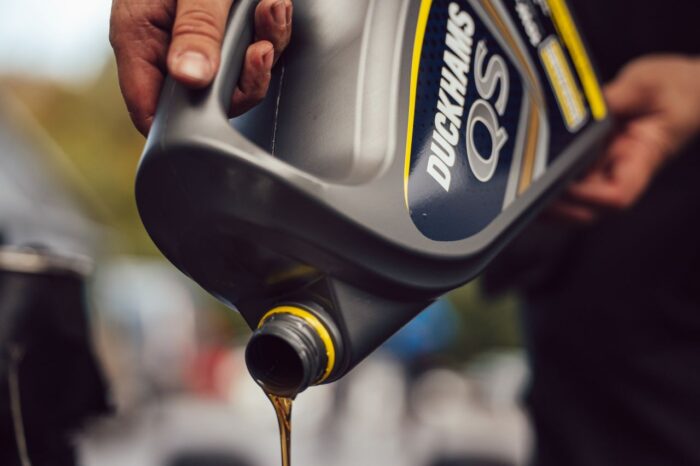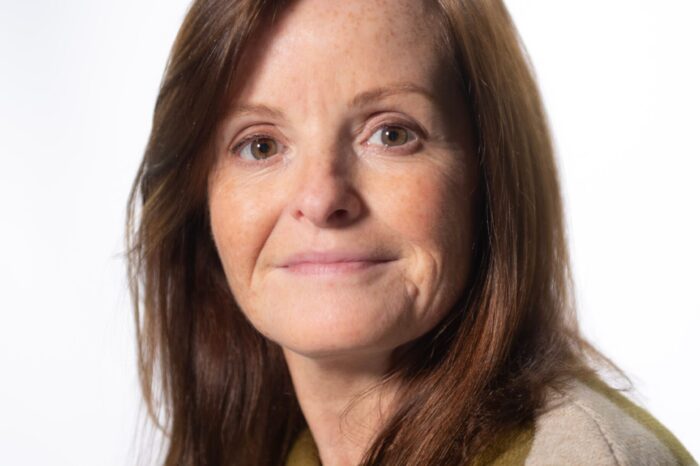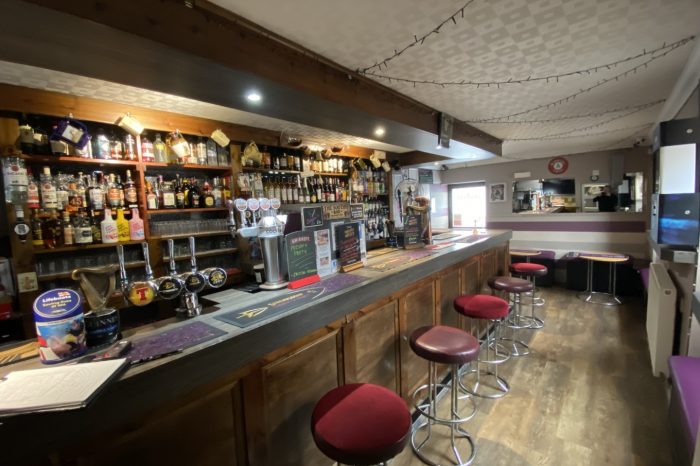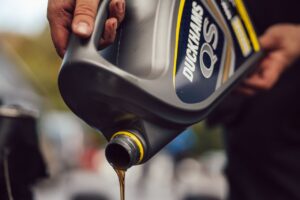FIGURES FROM DRINKS & HOSPITALITY INDUSTRIES DEMAND A PAUSE TO RETURN SCHEME

Senior figures from the drinks and hospitality industries have demanded that the Scottish Government pause its deposit return scheme (DRS) for empty bottles and cans to avoid a “catastrophic impact” on businesses and consumers.
More than 500 leaders have signed an open letter to circular economy minister Lorna Slater calling on her to postpone the “complex” scheme, which is due to begin in August 2023, and to meet with industry bodies to instead design a UK-wide “sustainable system” in partnership with the UK Government.
If Scotland goes it alone with its DRS then it would bring to an end the single market for drinks containers in the UK, the industry experts have warned. Their letter has been copied to Philip Dunne, chairman of Westminster’s environmental audit committee, highlighting the far-reaching consequences of the DRS for consumers and for online businesses selling into Scotland.
Under the current proposals, consumers would be charged a 20p deposit by retailers in Scotland when they buy any glass, plastic, or metal drinks bottle, can, or other container that holds between 50 millilitres and three litres.
Consumers would then get their 20p back when they return their empty container intact to one of 35,000 collection points, including shops, online retailers, or reverse vending machines (RVMs).
In their letter, the industry figures pointed out a series of flaws in the proposals, including:
● Fraud: the obligation to take back empty containers will make legitimate online sales unviable, creating shadow-market websites that will ignore the rules;
● Booze trips: the Scottish Beer & Pub Association estimates that multipacks will be 50% cheaper in the North of England than in the South of Scotland if the DRS is introduced, leading to lost sales;
● Lost investment: if Scotland introduces a DRS on its own then it would end the single UK market, creating a higher administrative burden for businesses operating in Scotland, and leading to cross-border companies choosing to invest in their operations in the rest of the UK instead of Scotland;
● Local councils: the DRS would stop consumers putting their containers in their local councils’ kerbside recycling bins and boxes, affecting the financial viability of waste collection contracts and throwing optimised bin lorry routes into doubt, which could potentially increase carbon dioxide emissions for collections.
Marc Crothall, chief executive of the Scottish Tourism Alliance, said: “It is evident from the number of signatories to this letter from business’ large and small across Scotland that the DRS being proposed in the current timescale and in its current form could be the death knell for many tourism and hospitality businesses and small retailers too, which are the lifeblood of Scotland’s economy, especially in rural and remote areas.
Introducing the scheme to all types of business in the height of summer season after two years of extremely tough trading following Brexit and Covid – not to mention rising energy prices triggering both the cost of living and cost of trading crises – makes no sense at all and does nothing to help support business as they try to recover.”
He added: “Every serious operator in the hospitality and tourism industry wants Scotland to hit its 2045 net-zero targets because it will help to protect our beautiful nation, but that’s no excuse for short rushing through poorly thought-out legislation and untimely implementation.
To that end we would hope and urge that every due consideration is given by government for a sensible phased approach to its introduction allowing business time to prepare and comply, with due consideration being given to all the many concerns that the industry is highlighting in respect of cost, timing and getting the scheme running in the most efficient, cost effective and impactful way possible”
Blair Bowman (pictured above), the whisky consultant and broker who organised the letter, added: “If we’re to avoid the catastrophic impact of the DRS then Lorna Slater needs to press pause now, and meet with our industries and the UK Government to come up with a sustainable solution that will benefit people and the planet.
With less than a year to go until the DRS is supposed to be introduced, tens of thousands of companies that produce, distribute, and sell drinks are being left in the dark about how they can adapt their businesses to cope with these heavy-handed regulations.”
He added: “When I talk to many small businesses, they’re scared about how the DRS is going to affect their trade.
What’s even more worrying is that some companies don’t even know that the scheme is coming because there’s been so little communication from the Scottish Government – it’s like the UK Government’s mishandling of Brexit rule changes all over again.”








